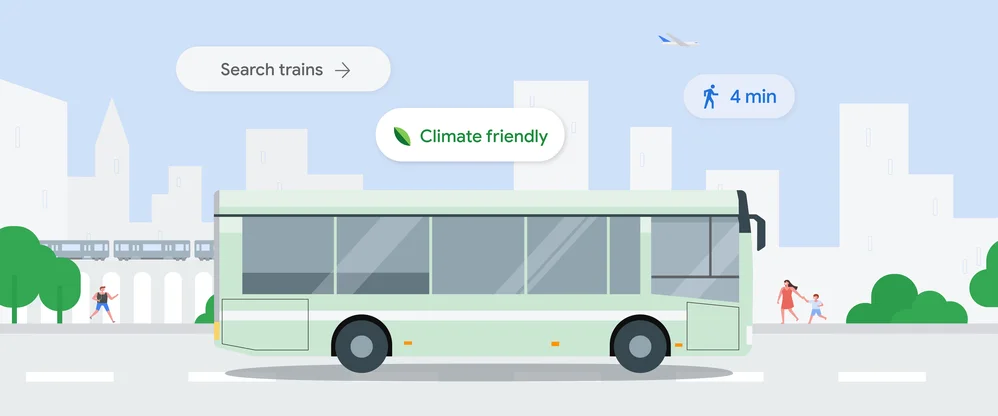The ABCs of spelling in Google Search

You’d hardly know it from the way Google Search works, but nearly 20 years after introducing our first spell-check system, spelling remains an ongoing challenge of language understanding. Before we can even begin to start looking for relevant results for a search query, we have to know what a user is looking for, spelled correctly. But every day, one out of 10 search queries is misspelled, and new words are constantly being introduced, along with new ways to misspell them. If you’ve ever been guilty of misspelling a search only to get what you were looking for anyway, read on to learn more about the ABCs of spelling in Google Search.
A is for All about common spelling mistakes
Our spelling mistakes tend to fall into two main categories: conceptual and slip-of-finger mistakes. We make conceptual mistakes when we’re unsure of how to spell something and try to take our best guess. Say you want to look up the meaning of “gobbledygook” and you don’t know exactly how to spell it, which wouldn’t be unusual since it’s both a difficult to spell word and has two commonly accepted spellings, including “gobbledegook.” In this case, we’ll see many best-effort spellings of the word like “garbledygook,” “gobblydegook,” “gobbleygook,” “gobbly gook,” and more.
Slip-of-finger spelling errors happen when we know how to spell what we’re looking for, but accidentally mistype it. Most of us have probably experienced this, especially since the rise of the smartphone, but it happens when we’re typing on full-size keyboards, too. This is why we see over 10,000 variations of queries like “YouTube,” all made by the accidental slip of a finger, such as “ytoube,” “7outub,” “yoitubd” and “tourube.”
B is for Better models to solve for the unknown
Despite how common our mistakes are, many misspelled queries appear only once, making spelling a unique challenge for Search. And regardless of what kind of spelling error was made, our systems find ways to understand what you mean. Previously, to solve for these never-before-seen misspellings, our systems found inspiration in the keyboard design. For example, if you tried to type "u" but made a mistake, our systems learned you were more likely to have typed "y" than "z" because "y" is adjacent to "u" on a standard English language keyboard. Our models applied the general concept to all new misspellings, walking down nearby letter replacements until a popular replacement term was identified. While this may have seemed like an obvious way to solve for slip-of-finger mistakes, this general approach effectively corrected all kinds of spelling errors, including conceptual mistakes.
Thanks to advancements in deep learning, we now have a better way to understand spelling. Late last year, we announced a new spelling algorithm that uses a deep neural net that better models and learns from less-common and unique spelling mistakes. This advancement enables us to run a model with more than 680 million parameters in under two milliseconds — a very large model that works faster than the flap of a hummingbird’s wings — so people can search uninterrupted by their own spelling errors.
And how do our systems know what someone is looking for, no matter the type of mistake and if we’ve never seen the misspelling before? This is where context comes into play. Our natural language understanding models look at a search in context, like the relationship that words and letters within the query have to each other. Our systems start by deciphering or trying to understand your entire search query first. From there, we generate the best replacements for the misspelled words in the query based on our overall understanding of what you’re looking for. For example, we can tell from the other words in the query “average home coast” that you’re probably looking for information on “average home cost.”
C is for Correcting your query — nicely
You might see these spelling technologies pop up in Google Search in different ways. When we’re pretty sure we know what you’re looking for, we may politely ask, “did you mean…” and show the alternative we think you intended to search for. When we’re very confident that we’ve correctly identified your misspelling, we’ll automatically show results for what we think you’re looking for -- but we’ll always let you know and provide a way to get back to your original spelling. And whether you take our suggestion or not, we’re constantly learning and improving our systems based on that feedback to make Search more helpful.
So whether you’re a spelling bee champ or can't quite nail “I before E except after C,” we'll always be working to improve our spelling so you can keep searching.









